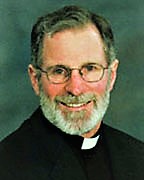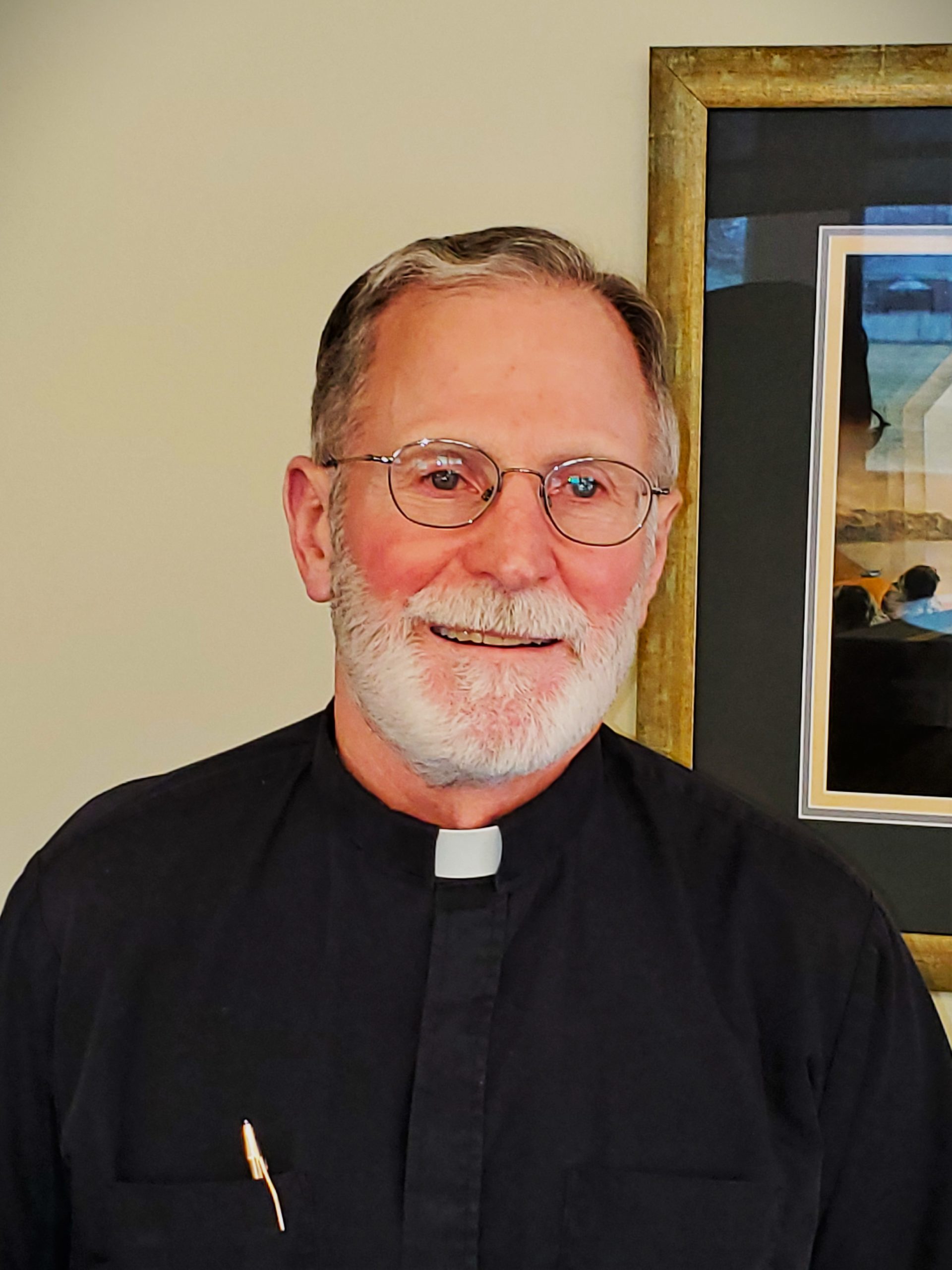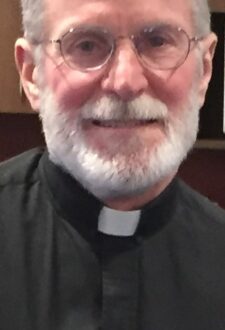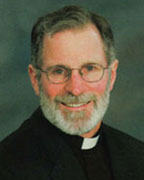Homily, September 29, 2024

From The Pastor
Matthew, Mark, Luke, and John are primarily known to us as gospel writers. Each have their own style and emphasis on how they have formatted the proclamation of the Good News of the Lord Jesus. This is because each of these writers were also pastors or leaders in their various communities of faith. Matthew led a more well to do Jewish community. Luke was aligned with a much poorer community characterized by compassion and justice. Mark pastored a largely Gentile, Roman audience. Mark’s community was drawn to the glory of the Cross and the subsequent Resurrection of Jesus. The reality of suffering the Cross demanded was not so popular; in fact, largely resisted if not actively denied.
Today’s gospel gives us some insight into the kinds of spiritual/pastoral concerns needing attention in the Marken community. Suffering has never been and will never likely be a readily embraced path of spiritual maturing. This helps set the context of today’s gospel.
It is in our human nature to compare ourselves in relation to others. The downside of comparing is the competition it creates. Last Sunday we heard Jesus give the second prediction of his suffering and death. The disciples could not understand or accept that Jesus would be killed. In their distress, rather than ponder the meaning of his words, they argued over who would be the most important.
In today’s verses through the teaching of Jesus, Mark addresses the concerns of ambition, envy, intolerance, and scandal. In the confusion of the predicted death of Jesus, the ambitious competition of the disciples comes to the surface. Perhaps this is a defense mechanism or denial of such harsh and inconceivable news. Maybe? In the next chapter at the third prediction of the Passion, James and John respond by asking Jesus for seats at his right and left hand as he comes into glory. Unclear on the concept. Jesus had to make clear the meaning and effect of his suffering and death to break the ego competition and ambitions of his closest disciples.
This sets the stage to address the issues of envy and jealousy among the disciples and for that matter all of us. This is the connecting point between the first reading and the gospel. It is the comparing and competition of who is in and who is out. Eldad and Medad were on the list to attend the prayer meeting and receive the gift of prophecy. Duties or otherwise kept them back in camp. Nonetheless, the Spirit of prophecy came upon them. This caused Joshua to resist and complain in defense of Moses’ authority. Moses sees the action of God and rejoices in the sharing of the gift wishing all the believers may be so blest.
The parallel scene is John’s complaint that outsiders from their group were using the name of Jesus to drive out demons. Same issue: envy, intolerance, and jealousy. Jesus is clear. Do not prevent them. If they are for us, they cannot also be against us. This is a chronic issue not only in church ministries, but across culture and society. Envy and jealousy cause endless, and unnecessary suffering, division, and broken relationships that wound the human family.
Let us be clear about the difference between envy and jealousy. The words and their meanings are often misunderstood. Envy is typically between two people. Envy is the desire to have the advantage or to possess what another person has. If you have been given the favor of an advantage, I should have that too. If you have something I do not have, I feel the pain of wanting what you have because I deserve it.
Jealousy is more common among three people. It is the painful suspicion of rivalry and competition in the fear of loss. It is the fear of losing what I have to someone else. The second person is jealous of the first person who has the person or thing I want. Both envy and jealousy are dangerous sins because they create disorder in the heart and soul. God is displaced for the want of an ego desire of a worldly possession, person, or power.
This contradicts the meaning and nature of the Cross. Notice how patient and instructive Jesus is. The examples may seem harsh only because the consequence is so impactful. The mystery of Divine love is humble and surrendering in willing self-giving for the unity and good of all. Notice that no one is competing for the suffering of the Cross, but all are anxious for the glory of heaven, minus the suffering.
This section of Mark’s gospel challenges us with the demands of what it means to follow Jesus. Love is the core truth. Love is defined by surrendered self-giving. Love by nature seeks the good of the other, not me first. Lord Jesus, give us the grace to follow the path of the Cross to the promise of glory.
Father John Esper
Recent Sermons

Homily, January, 19, 2025
January 17, 2025

Homily, Baptism of the Lord
January 13, 2025

Homily, Epiphany 2025
January 03, 2025

